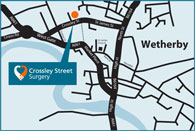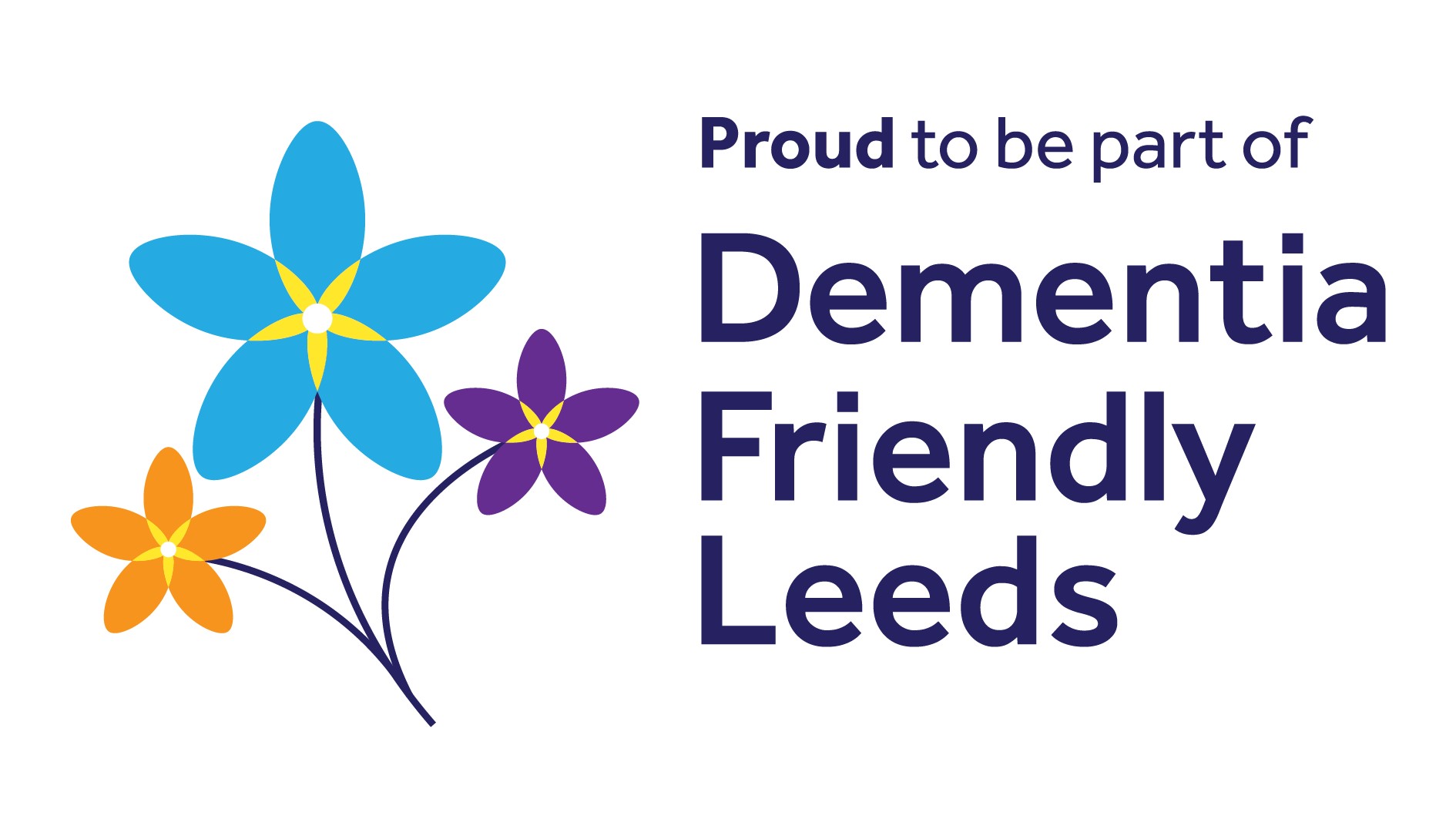Uncategorised
Warts and verrucas are harmless skin growths caused by a virus. In most cases, they clear up on their own within 18 months to 2 years, so if they’re not causing any discomfort, they can safely be left alone. If you’d prefer to treat them, over-the-counter options like salicylic acid are available at most pharmacies. These treatments can help speed up recovery when used consistently.
Please note: GPs are unable to prescribe stronger treatments or perform removals.
However, there is some evidence that the duct tape method may be helpful for some people. You can learn more about how to use this method here: using-duct-tape-to-clear-viral-warts.pdf
- Details
We’re proud to share that our practice is now officially Veteran-Friendly Accredited. This means we’ve been recognised by the Royal College of General Practitioners (RCGP) and NHS England for our commitment to offering the best possible care and support to veterans and their families.
What Does ‘Veteran-Friendly’ Mean?
If you’ve served in the UK Armed Forces – even just for one day – you’re considered a veteran. We understand that military service can affect your health in unique ways, and we want to make sure you feel recognised, understood, and supported whenever you visit us.
Becoming veteran-friendly means we have taken steps to:
-
Identify veterans: We now routinely ask new patients if they have served, and ensure this is recorded in their records.
-
Offer tailored care: We have a trained Veteran Clinical Lead, Dr Mark Salisbury, who stays up to date with relevant services and support options. He is joined by our non-clinical lead, SJ Martin.
-
Provide better signposting: We can refer you to a range of NHS and specialist veteran services to support both your physical and mental wellbeing.
-
Support the Armed Forces Covenant, which means we are committed to making sure veterans and their families are not disadvantaged when it comes to accessing healthcare.
Why It Matters
We know that many veterans don’t always talk about their time in the Forces or may find it difficult to seek help – especially for issues linked to service. By being open about our veteran-friendly status, we hope to make it easier for you to speak to us and get the care you need.
In a national survey, over 60% of veterans said they’d be more likely to reach out for help if they knew their GP practice understood their background. We want to make sure that if you’ve served, we can give you the right support – and if needed, refer you to dedicated services that specialise in veteran health.
Specialist Support We Can Help You Access
As a veteran-friendly practice, we can now more easily connect you with dedicated NHS services, including:
-
Op COURAGE – Support for veterans struggling with mental health, including PTSD, anxiety, depression, and addiction. You can self-refer or ask us to refer you.
-
Op RESTORE – Help with physical health problems resulting from your service. We can refer you directly.
-
Op NOVA – Non-clinical support for veterans who may be involved with, or at risk of entering, the criminal justice system.
These services work in partnership with the NHS, military charities, and Defence Medical Services to offer holistic, expert care.
If You’re a Veteran – Let Us Know
If you’ve served in the British Armed Forces, please tell us – even if it was many years ago. It helps us to better understand your needs and ensure your service is recognised in your care.
We’re here for you – whether you need support now, or just want to know that your GP practice understands where you’re coming from.
To learn more about veteran healthcare services, visit
👉 www.nhs.uk/armedforceshealth
Coffee Afternoon for Carers and Veterans
- Details
Your doctor may have talked to you about whether testosterone therapy is right for you. Here’s some information about testosterone therapy, what it does and how to take it.
*This guideline covers women, trans men and non-binary people registered female at birth who have never taken cross-sex hormones as gender affirming therapy and who are currently going through the menopause transition.
What is testosterone therapy?
Testosterone is a hormone (or chemical messenger) made in your ovaries and your adrenal glands, which are small glands near your kidneys. Levels of testosterone in your body gradually reduce as you become older, and they reduce very abruptly in those who have had an oophorectomy (an operation in which their ovaries are removed). When levels of testosterone decrease, you may find that your desire for sex less often and, when you do have sex, it’s not as pleasurable as it used to be, even though you still desire your partner.
Loss of sexual desire (libido) can be caused by many different medical and psychological conditions and medications (including commonly prescribed antidepressants). Low levels of hormones of the type called androgens may be just one of the factors leading to your loss of libido. The menopause symptoms you are experiencing can also significantly impact on libido. Testosterone is an androgen and may be offered to help boost your libido if this has not improved with hormone replacement therapy (HRT). Other support may be recommended instead of testosterone, such as psychosexual or relationship counselling.
Many experience uncomfortable and painful intercourse as a result of menopause related vaginal and vulval changes such as increased dryness. It is important that these symptoms are addressed before testosterone is trialled. Your doctor can prescribe vaginal oestrogens in addition to hormone replacement therapy. Lubricants and vaginal moisturisers can be helpful also, and are available over the counter for example in pharmacies and supermarkets.
Not every woman with a low level of testosterone will have a low libido. A low level of testosterone does not mean that it needs replacing. There is no good evidence that taking testosterone will help improve low mood, cognitive function (such as brain fog) or low energy levels.
What are the benefits of testosterone therapy?
Replacing testosterone can increase sexual desire and pleasure for some, but not all women who use it.
Are there any risks to testosterone therapy?
Studies to date suggest that there’s no increased risk of heart disease, breast cancer or stroke in the short term, but we don’t have studies that tell us about the long-term risks and safety of testosterone therapy.
How to take testosterone therapy
Testosterone gel is available in the UK on NHS prescriptions for off license prescribing, or cream which is only available privately. Testosterone prescribing in many areas of the UK has to be initiated by a specialist.
In the UK testosterone gel isn’t licensed for use in women*, only men, but is often prescribed off-licence for those who are already taking HRT. Its use is also endorsed by the National Institute of Clinical Excellence Guidelines on the menopause NG 23 2015.
Testosterone gel or cream is applied to the skin so that it goes directly into your bloodstream. The doses used in women* are much lower than those used for men. The aim is to keep the testosterone at a level that’s not greater than those found in premenopausal women*.
It may take 3-6 months to feel any benefit from taking testosterone. If there has been no benefit in that time, we would advise you to stop using it.
What is off license prescribing?
Before a medicine can be used in the UK, it must be granted a licence. While all medicines and treatments have side-effects and risks, a licence tells you that all the proper checks have been done and the benefits of the medicine are believed to outweigh the risks. The licence states what conditions the medicine has been approved to treat.
When a treatment is used off-licence, it means that the medicine has a licence, but it’s not for the condition that you have. In other words, testosterone has not undergone the required, regulated clinical trials to see if it’s effective and safe in treating your condition. But that doesn’t mean it’s unsafe, and it doesn’t mean it won’t work.
There are a number of reasons why a medicine may be unlicensed in the UK. For example, it may be waiting for a licence to be granted, or the need for the medicine may be so small that it doesn’t make commercial sense for the manufacturer to pay for the relevant testing.
The different types of testosterone available off-licence in the UK, and how to use them, are outlined below:
TESTOGEL (Besins Healthcare Ltd UK) – 40.5mg per 2.5g sachet. Use a small, pea-sized amount and rub it into the front of the thigh every day, changing the site of application to avoid extra hair growth. The sachet should last around 8 days. You can fold over the open top and clip it with a bag clip.
TOSTRAN™ GEL (Kyowa Kirin Ltd) – 20mg in 1g. One press delivers 10mg of testosterone. Use 1 press of gel 2 to 3 times a week. If you use it every day the dose will be too high. Don’t apply the gel to the same patch of skin every time. Change the site of application to avoid additional hair growth at application sites.
ANDROFEME™ (Lawley Pharm) - 1% testosterone cream in 50ml tube. Starting dose is 0.5mls per day (5mg testosterone a day). Only available privately, the cost of a 50g tube is around £100 and this will last approximately 100 days.
What are the side effects of testosterone therapy?
The most common side effects are skin changes, such as acne, increased greasiness of the hair and thicker body hair or excess hair.
Androgenic side effects include acne and, rarely, virilisation (voice deepening and an enlarged clitoris). Other rare side effects include hair loss, excessive hairiness, fluid retention, increase in muscle mass, weight gain, nausea, headaches, mood changes, jaundice, and an increase in cholesterol.
Side effects are generally only seen when high doses of testosterone are given. If you experience side effects. reducing the dose or else stopping treatment altogether may help. Please contact the clinic if you have any concerns.
Risk of testosterone transfer to others
During close and relatively long periods of skin contact testosterone may be transferred to another person unless you cover the treated area. Transfer can potentially result in the other person showing signs of increased testosterone – masculinisation effects as described in the side effects above.
To prevent such transfer, make sure you wear clothes that cover the area of application or wash the application area before contact. The following precautions are recommended:
For the patient:
- wash your hands with soap and water after applying the gel,
- cover the application area with clothing once the gel has dried,
- wash the application area before making close contact with another person.
If you believe testosterone has been transferred to another person (man, woman or child), that person should:
- wash the area of skin onto which may have been affected immediately with soap and water and report any signs such as acne or changes in the growth or pattern of hair on the body or face to their doctor.
You should preferably wait at least one hour before showering or bathing after applying the testosterone gel to ensure that it has been absorbed.
For more information please see:
www.menopausematters.co.uk and www.womens-health-concern.org have further information as well as https://thebms.org.uk/publications/tools-for-clinicians/testosterone-replacement-in-menopause/
Overview | Menopause: diagnosis and management | Guidance | NICE
Dr Clare Spencer, GP and registered Menopause Specialist
- Details
 We have noticed a significant increase in the number of patients requesting that our GPs prescribe weight loss medications such as Mounjaro, Ozempic or Wegovy.
We have noticed a significant increase in the number of patients requesting that our GPs prescribe weight loss medications such as Mounjaro, Ozempic or Wegovy.
These medications are available on the NHS to some patients to support weight loss.
They are prescribed by specialist weight management services and require a referral to these services prior to any prescription.
Weight loss injections in Leeds are provided by Leeds Tier 3 Weight loss services.
|
Current criteria for referrals are patients with:
|
If you meet these criteria, then please submit a triage form with your weight and height, included to arrange a GP appointment. There are also specific blood tests that are required to make the referral, which we can arrange at the surgery to support your referral.
If you do not meet these criteria, we will be unable to refer to this service to support your weight loss. However, there are still other services that may help:
- The NHS digital weight management Programme: supports adults living with obesity (BMI >30) who also have a diagnosis of diabetes, hypertension or both, to manage their weight and improve their health. It is a 12-week online behavioural and lifestyle programme that people can access via a smartphone or computer with internet access.NHS England » The NHS Digital Weight Management Programme
- Alternatively Weight Management - Leeds Community Healthcare has more details of other useful links to support your weight loss journey.
Weight loss injections and contraception
For those patients who are buying weight loss injections there are potential issues if you are taking an oral contraceptive and oral HRT (progestogens and oestrogens) due to the way the medication works.
This could potentially make your contraceptive pill ineffective or in the case of HRT put you at an increased risk of endometrial cancer.
Please contact the surgery and request an appointment with one of our pharmacist to discuss the implications for you an how to safely manage your menopause and contraceptive needs.
- Details
Eligible patients have started receiving letters from the NHS inviting them for their Spring Covid Booster.
- Details




